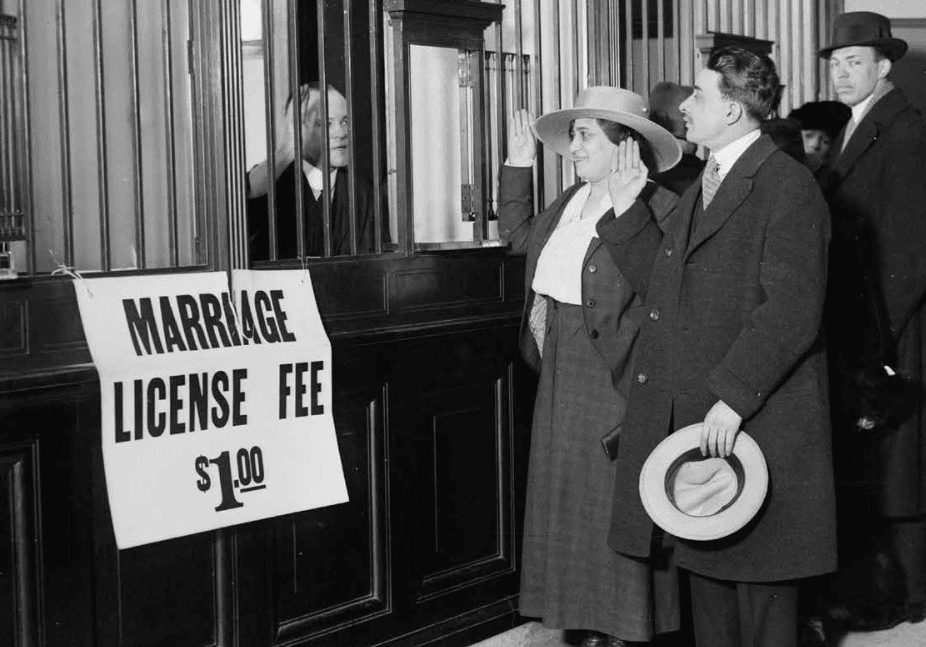
 On December 6, 1915, the U.S. Supreme Court issued a decision upholding the Expatriation Act of 1907, in which the Republican dominated Congress mandated that “any American woman who marries a foreigner shall take the nationality of her husband.”
On December 6, 1915, the U.S. Supreme Court issued a decision upholding the Expatriation Act of 1907, in which the Republican dominated Congress mandated that “any American woman who marries a foreigner shall take the nationality of her husband.”
Upon marriage, regardless of where the couple resided, the woman’s legal identity morphed into her husband’s and stripped American women of their citizenship when they married a non-citizen.
Under that act, which was signed by then President Theodore Roosevelt, women who lost their U.S. citizenship could apply to be naturalized if their husbands later became American citizens. However, since virtually all Asian immigrants were legally barred from becoming U.S. citizens at the time, an American woman who married an Asian man would lose her citizenship permanently.
Similarly, women of Asian descent who were American citizens by birth had no means of regaining their U.S. citizenship if they lost it through marriage to a foreign person — even if the foreign person was white — because Asian men and women were ineligible for naturalization in all circumstances.
American men who married foreign women were permitted to keep their citizenship.
Mackenzie v. Hare was an attempt to challenge the Expatriation Act and reached the U.S. Supreme Court. The Court upheld the law, ruling that an involuntary revocation of citizenship would be unconstitutional, but stripping a woman of citizenship upon marriage to a foreign husband was permissible because such women voluntarily enter into such marriages, “with knowledge of the consequences.”
The Expatriation Act remained in full effect until 1922, when Congress amended the law to permit most women to retain their American citizenship after marriage to a non-U.S. citizen — but still stripped citizenship from American women married to Asian immigrants ineligible for citizenship until discriminatory immigration laws were reformed in the 1960s.
In 2014, the U.S. Senate passed a resolution expressing regret for the past revocation of American women’s citizenship under this law.
You read read more about this history at the National Archives.
This essay is drawn from the Equal Justice Initiative’s History of Racial Injustice calendar.



Recent Comments